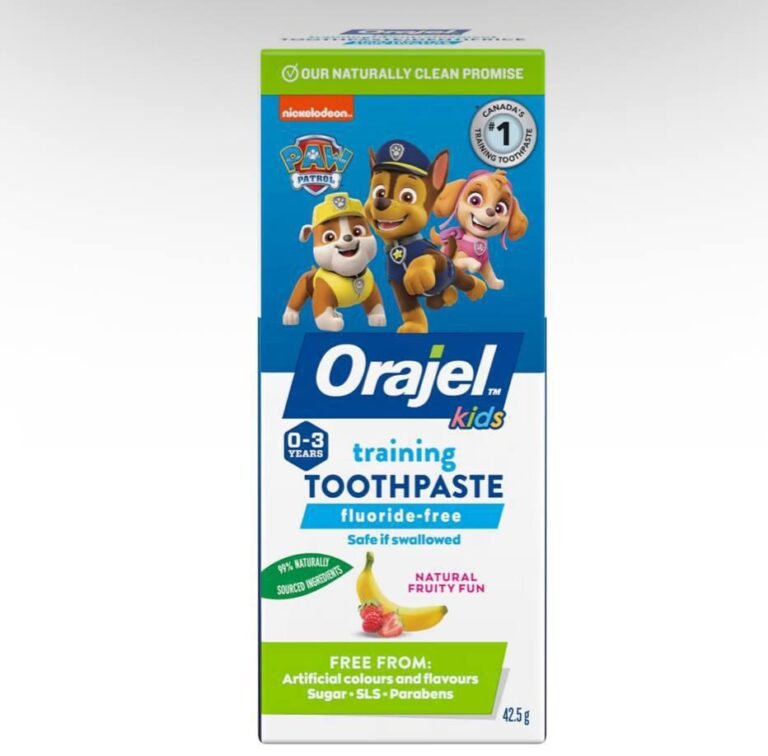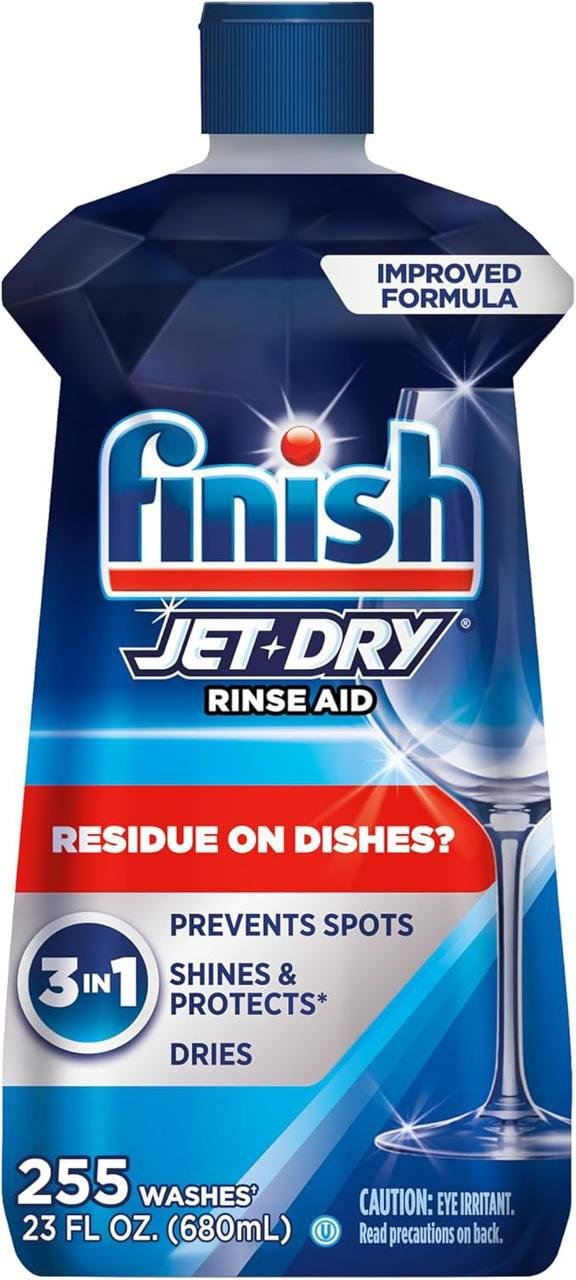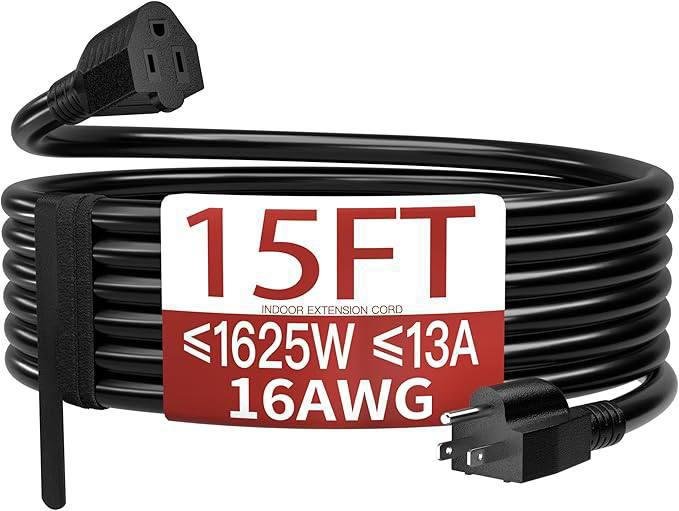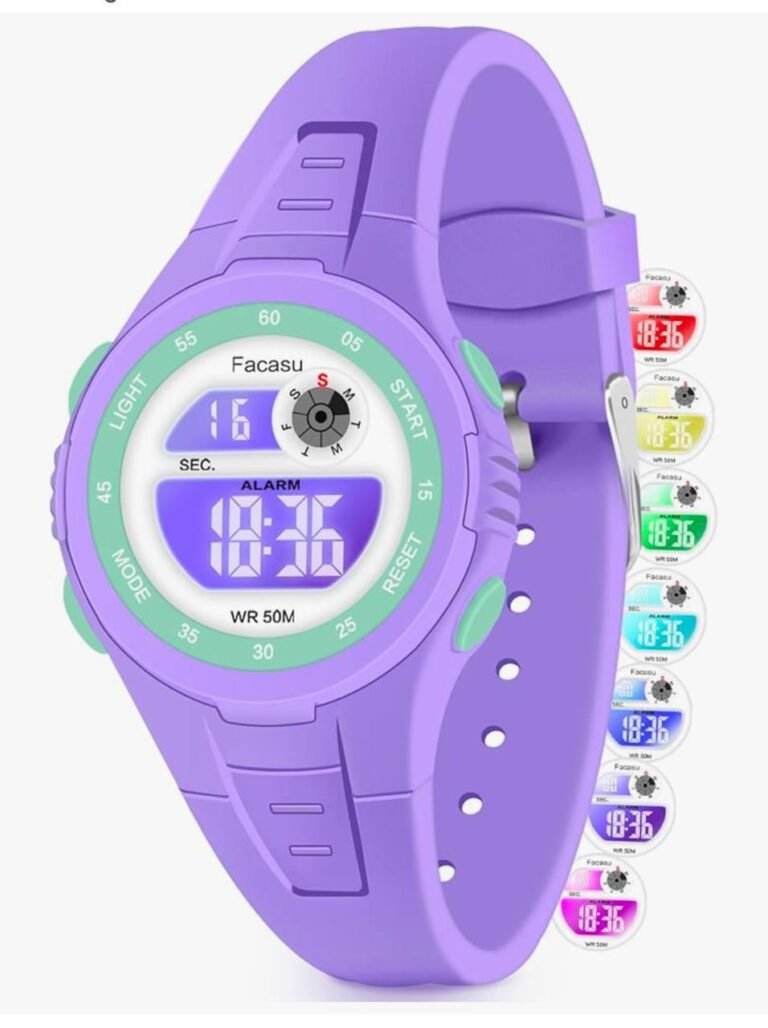Discover the Power of Simplifying Your Space and Mind
In today’s consumer-driven world, it’s easy to accumulate stuff — physical clutter that clutters your home and mental clutter that weighs on your peace of mind. The minimalist lifestyle, centered around decluttering your life, offers a powerful way to reduce both financial strain and stress.
Minimalism isn’t about deprivation; it’s about intentional living, focusing on what truly matters, and creating space for joy and calm. In this article, we explore how adopting minimalism can save you money, reduce stress, and bring clarity to your life.
What Is Minimalism and Why Does It Matter?
Minimalism is a lifestyle choice that encourages living with less—less stuff, less distraction, and less consumption. It emphasizes quality over quantity and mindfulness over impulse.
Key benefits of minimalism include:
– Reduced financial burden through smarter spending
– More time and energy for meaningful activities
– Less stress from clutter and decision fatigue
– Greater appreciation for the essentials
By decluttering your physical and mental space, you pave the way for a more balanced, intentional life.
How Decluttering Saves You Money
1. Stop Buying What You Don’t Need
When you practice minimalism, you become more mindful of your purchases. You learn to question whether a new item adds true value or is just clutter waiting to happen. This habit reduces impulse buys and helps you save significant money.
2. Make Better Use of What You Already Own
Decluttering reveals forgotten items that you can use instead of buying duplicates. Before shopping, you’ll think twice about what you have on hand, cutting unnecessary spending.
3. Sell or Donate Unused Items
Selling unused possessions generates extra income, while donating can sometimes offer tax benefits. This not only lightens your load but also puts money back in your pocket or gives you a financial break.
4. Reduce Storage and Maintenance Costs
Owning fewer things means spending less on storage solutions, repairs, and upkeep. Minimalism simplifies your finances by cutting these hidden costs.
How Decluttering Reduces Stress
Physical clutter can overwhelm your senses and increase feelings of anxiety. A tidy, minimal space fosters calm, focus, and mental clarity.
Choosing what to wear, eat, or use from a cluttered collection can be exhausting. Minimalism streamlines daily choices, saving mental energy for what matters.
3. Create Time for What Matters
Maintaining fewer belongings means spending less time cleaning and organizing. This frees up time for hobbies, relationships, and self-care.
4. Cultivate Mindfulness and Gratitude
Minimalism encourages you to appreciate what you have rather than constantly seeking more. This mindset shift reduces stress and promotes contentment.
How to Start Decluttering Your Life the Minimalist Way
Decide why you want to declutter—whether to save money, reduce stress, simplify your schedule, or all of the above. Clear goals keep you motivated.
Step 2: Start Small and Tackle One Area at a Time
Begin with a drawer, a closet, or your digital files. Breaking the task into manageable chunks makes decluttering less overwhelming.
Step 3: Use the “Keep, Donate, Sell, Trash” Method
Sort items based on whether you want to keep, donate, sell, or throw them away. Be honest about what you truly use or love.
Step 4: Implement the One-In, One-Out Rule
For every new item you bring in, commit to removing one to prevent clutter from returning.
Step 5: Adopt Mindful Purchasing Habits
Before buying, ask yourself if the item is necessary, durable, and truly adds value to your life.
Minimalism Beyond Physical Stuff: Decluttering Your Mind
Minimalism also applies to your thoughts, commitments, and digital life.
– Limit information overload: Unsubscribe from unnecessary emails, limit social media time, and curate your news sources.
– Simplify commitments: Learn to say no to events or obligations that don’t align with your values.
– Practice mental decluttering: Daily meditation or journaling can clear mental clutter and reduce stress.
– Frequently Asked Questions (FAQs)
Q1: Will minimalism make my life boring or restrictive?
A: Not at all! Minimalism frees you from excess and helps you focus on what truly brings joy and meaning.
Q2: How long does it take to declutter a whole home?
A: It varies, but setting small goals and consistent progress can have your space feeling lighter in weeks or months.
Q3: What if I feel guilty about getting rid of things?
A: Remember, decluttering is about making space for what matters. Donated items can help others, and selling can support your finances.
Q4: Can minimalism work with kids or shared households?
A: Yes! Involve family members, set shared goals, and practice mindful buying together.
Q5: How can minimalism help me financially?
A: By reducing impulse buying, lowering storage and maintenance costs, and encouraging mindful spending, minimalism helps you save money.
Final Thoughts: Declutter Your Life for Financial Freedom and Peace of Mind
Minimalism is more than a trend — it’s a powerful lifestyle choice that transforms how you relate to possessions, money, and stress. By decluttering your life, you create room for more freedom, focus, and joy.
Start small, stay consistent, and embrace the simplicity that minimalism offers. Your wallet and your mental health will thank you.












